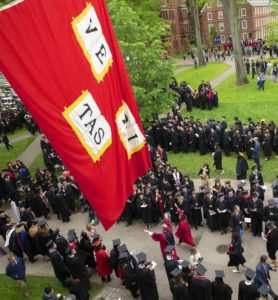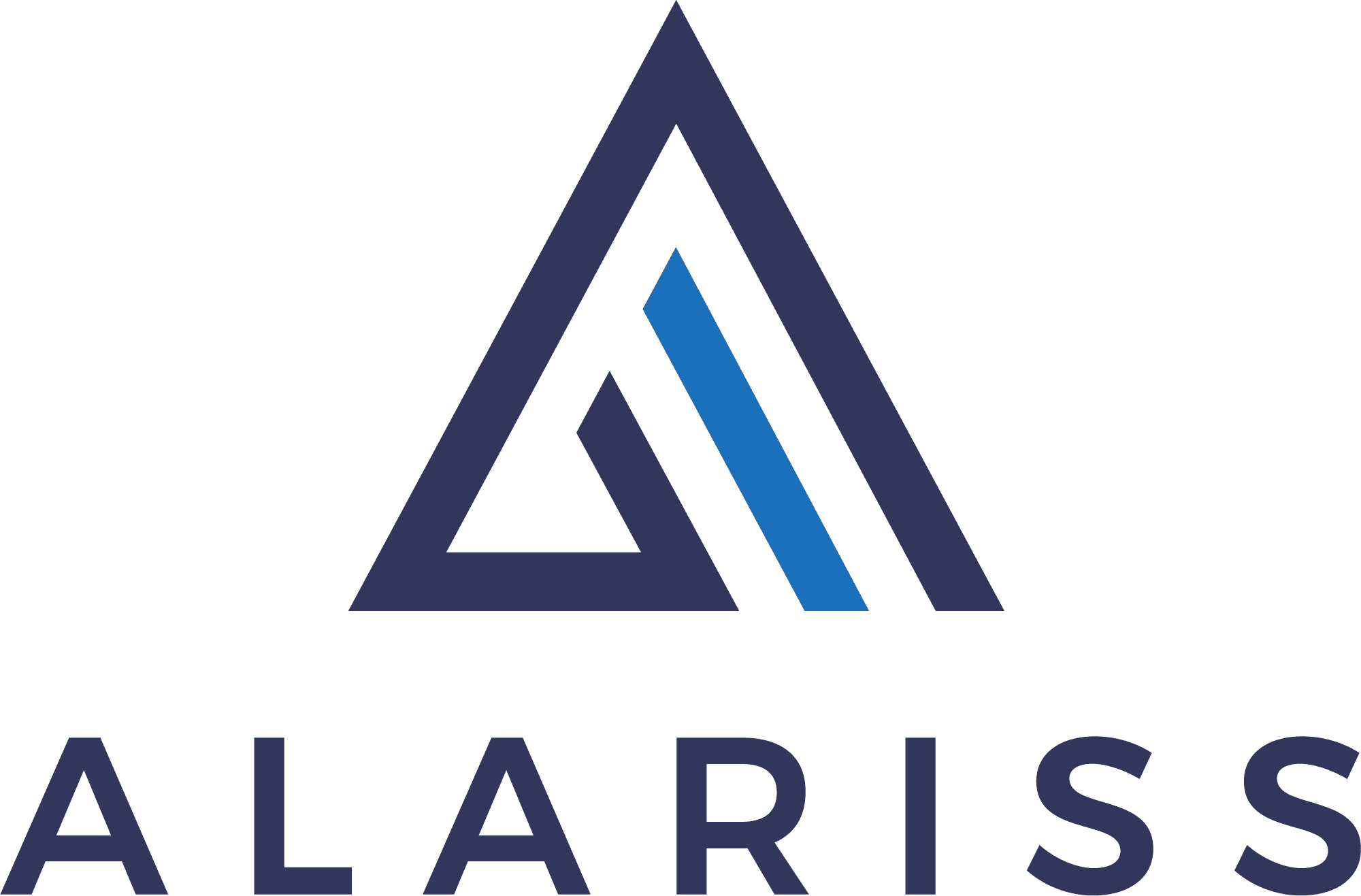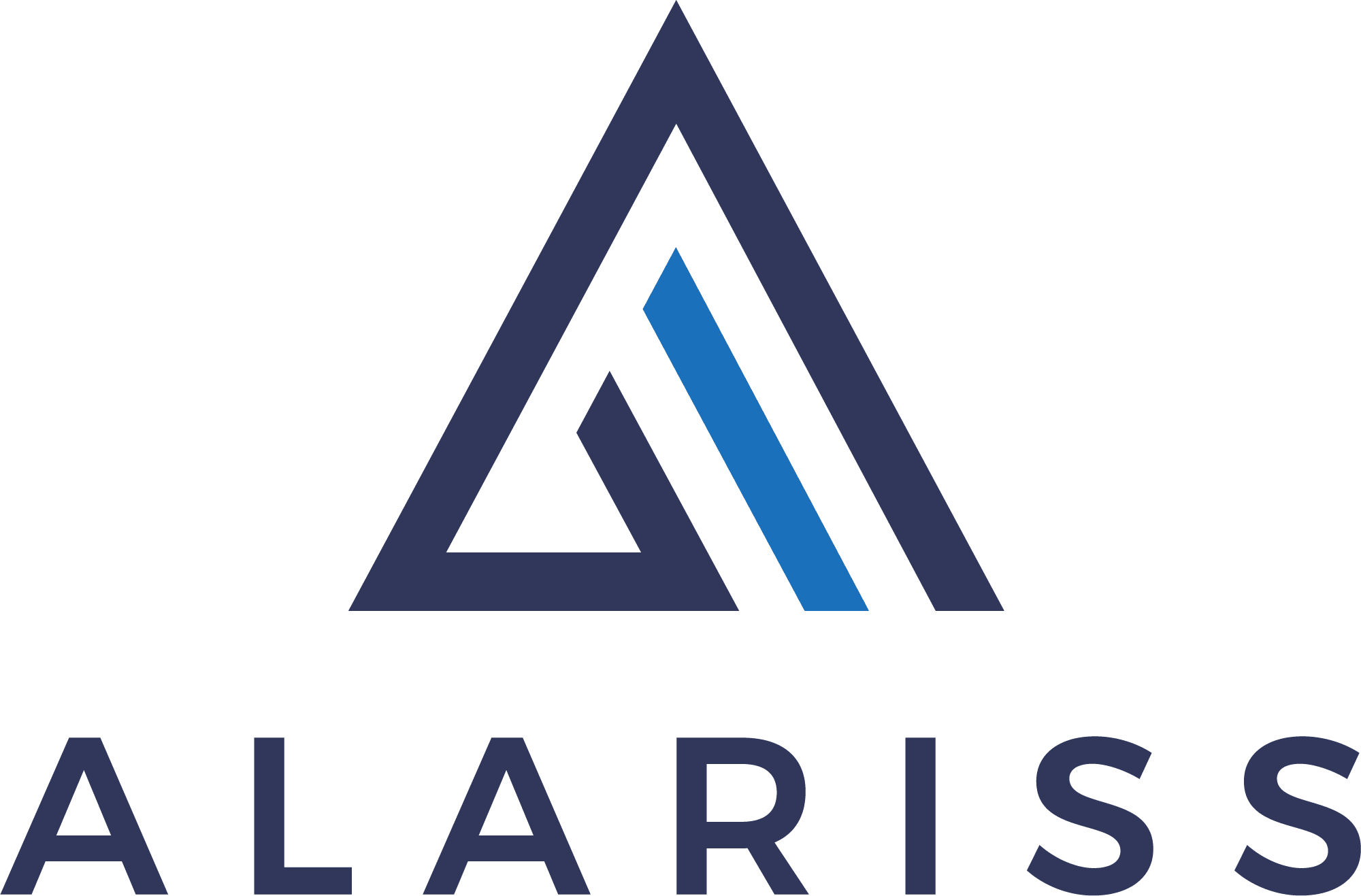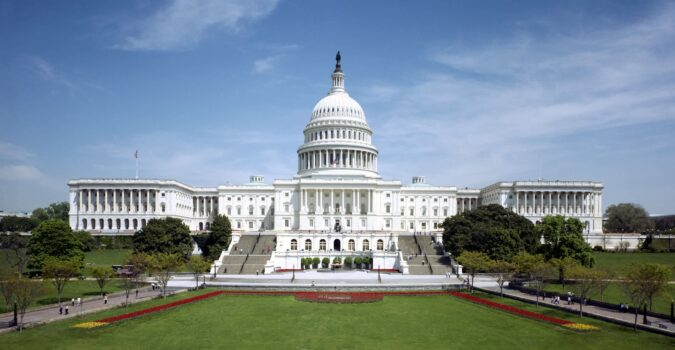Blog
Harvard Student: International Career Amidst COVID

September 8, 2020
Alariss Business Development
As the Global Business Development Intern for Alariss, I’ve had the fun privilege of speaking with entrepreneurs, CEOs and Harvard Alumni in China, Hong Kong, Singapore, and Indonesia as my “job.” At the end of my day (which is the start of their morning), I listen to them talk about business trends they see within and outside of their country as well as the effect that COVID had on their work flow. At the end of each call, they save some time to answer some of my personal questions regarding how a US-educated graduate could prepare for a career abroad.
In the back of my mind, I wanted to know if there was an option for me to work in Asia.
Initially, doubt and uncertainty flooded my mind. Do I speak Chinese well enough to work in China? How do I recruit for a job in Indonesia? Over the course of thirty business development phone calls, I virtually travelled to six Asian countries, and over the course of one summer, I gathered wisdom accumulated from decades of personal experience. Today, I’m excited to share all that I’ve learned and tease apart the individual strands and stories that make up the globalization of human talent.
Personal Development
“Hi,
I’m a Chinese American student at Harvard University and after witnessing how hard COVID-19 hit the US economy, I’m not optimistic about the job prospects here in the states and my family and I thought it was wise to consider career paths in Asia. But given the recent political climate there, I’m skeptical of the Visa and regulation process. So, to gather more information, I wanted to speak to you about your personal experience and the career opportunities and barriers of a US graduate starting his career in Asia.
If you have time this week, I’m available in the mornings and evenings your time. I look forward to speaking with you!
Christian.”
Like many Americans born in the US to immigrant parents, speaking our parents’ mother language, practicing their customs and tradition, can feel like an artifact of nostalgia than a practical skillset. Regardless of the number of times we grammar checked our parent’s emails, or served as a translator for authority figures, we never saw a real connection between our world and theirs. To this day, that aforementioned feeling never went away.
Yet people like Joyce exist: my manager, co-founder of Alariss, is Chinese American, born and educated in the states, interned at an organization in Mongolia and worked full-time in China for a year after graduation. Perhaps that isn’t the most far-fetched career trajectory. However, while her international experiences seem logical at face value, it doesn’t mean it’s any less daunting for people like us to pursue. Entering the workforce in a different country is enshrouded in a cloud of uncertainties and the path can seem narrow to foreigners.
Here’s an example of what I mean by narrow. Even if you’re fluent in Chinese, studied abroad at Tsinghua at Fudan and studied East Asian Studies at the most prestigious US university in the world, Chinese recruiters may still have trouble placing you in Chinese companies. Henry Woodward-Fisher had no luck through Harvard’s Career Services to find an opportunity to work in China, and he was someone adamantly searching for opportunities in China. For students who were on the fence like me, the chances seem even slimmer.
Professional Development
“The fact is, there isn’t a right answer to whether or not you can succeed in Asia. If you don’t take the risk, you don’t get the reward”
On my very last business development call, I spoke with Lewis Chan, who graduated from Harvard Business School in 1996 to start a factory in Shenzhen. Of all the possible career paths that were available to him, he just knew he wanted to be a part of China’s astronomical growth during that time. The biggest lesson that he learned was that if you had long term intentions in a region, an exploratory sense of mind and a strong passion to add value to yourself and the society around you, you will do well. In his words, “if you stay the course, you don’t have to worry about entry point. Just get yourself there and find ways to trade up.”
Here’s the good news. The consensus among all the professionals I spoke to over the course of this summer was that the future of work is global, and that trend can’t be stopped. This point was clearest to me during my call with Chilla Kiana, a young CEO at her own Digital Marketing company, Whizzup. Our backstories could not be further apart, hers as the singer for Disney Princesses Ariel, Elsa and Belle in Indonesia and mine as a first generation, low-income college student, but we realized our values were strikingly aligned when discussing hiring for her team. Her core strategy is to bring on a diversity of background and talent, prioritizing strong international hires, and screening for passion for the work more so than a specific degree in marketing. It was promising to hear a shared vision of talent standards and goals from a future business leader in Indonesia, demonstrating the connectivity of the world and best hiring practices.
It starts with being able to see the optionality in possibility. Joyce’s advice is to not judge an eagle by how quickly it swims in the sea, or a dolphin by how well it scales a mountain.
“You have to be true to yourself and know how you can provide unique value. As someone who’s Chinese American, I chose not to focus on opportunities or organizations where my identity was seen as a deficit to be overcome. Instead, I chose to create the opportunities for myself where my unique background would bring disproportionate value to my customers, my stakeholders, and my team.”
Understanding my role and my identity in greater context was what I had to realize first before tackling the opaque process of searching for opportunities abroad.





